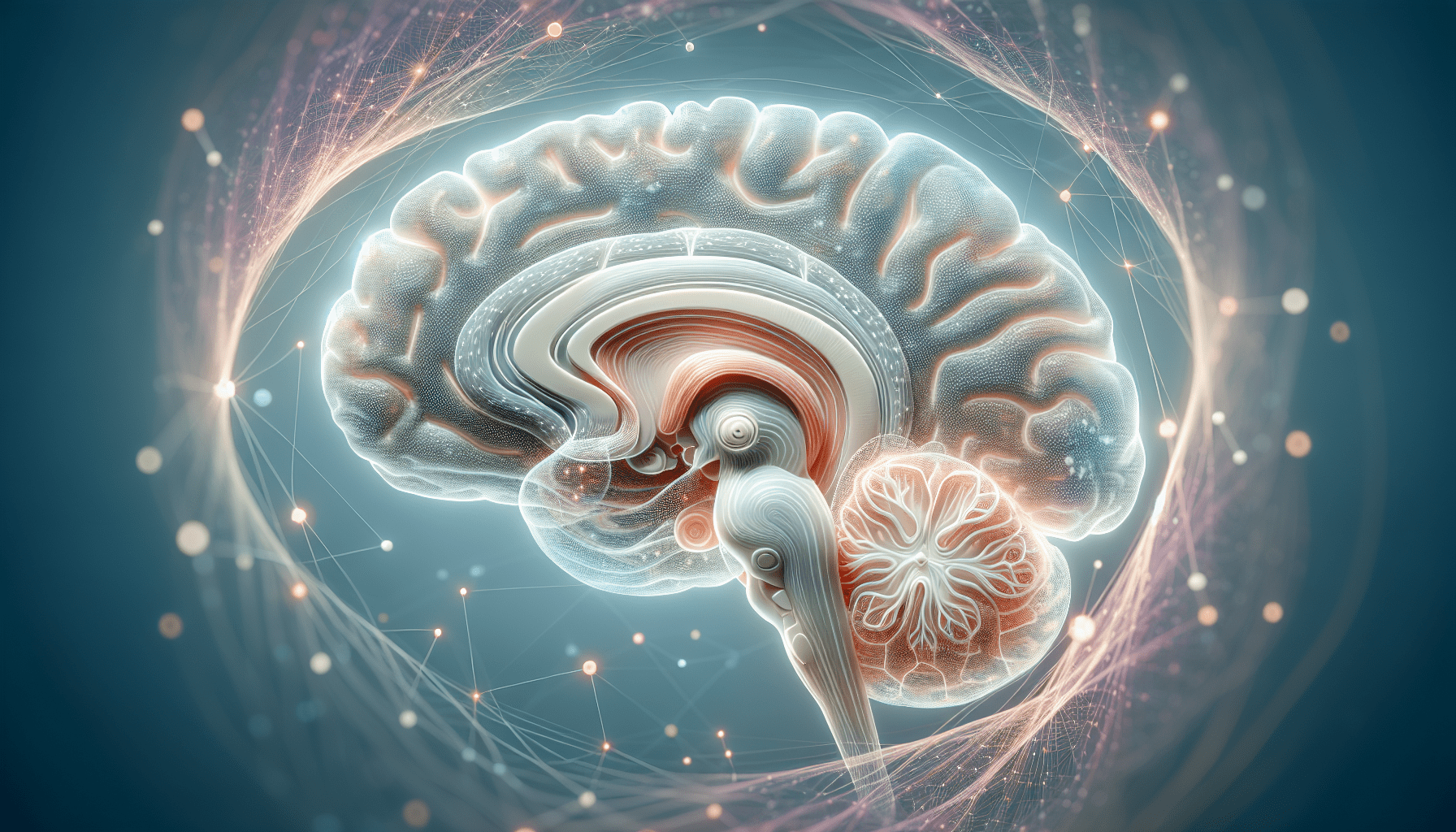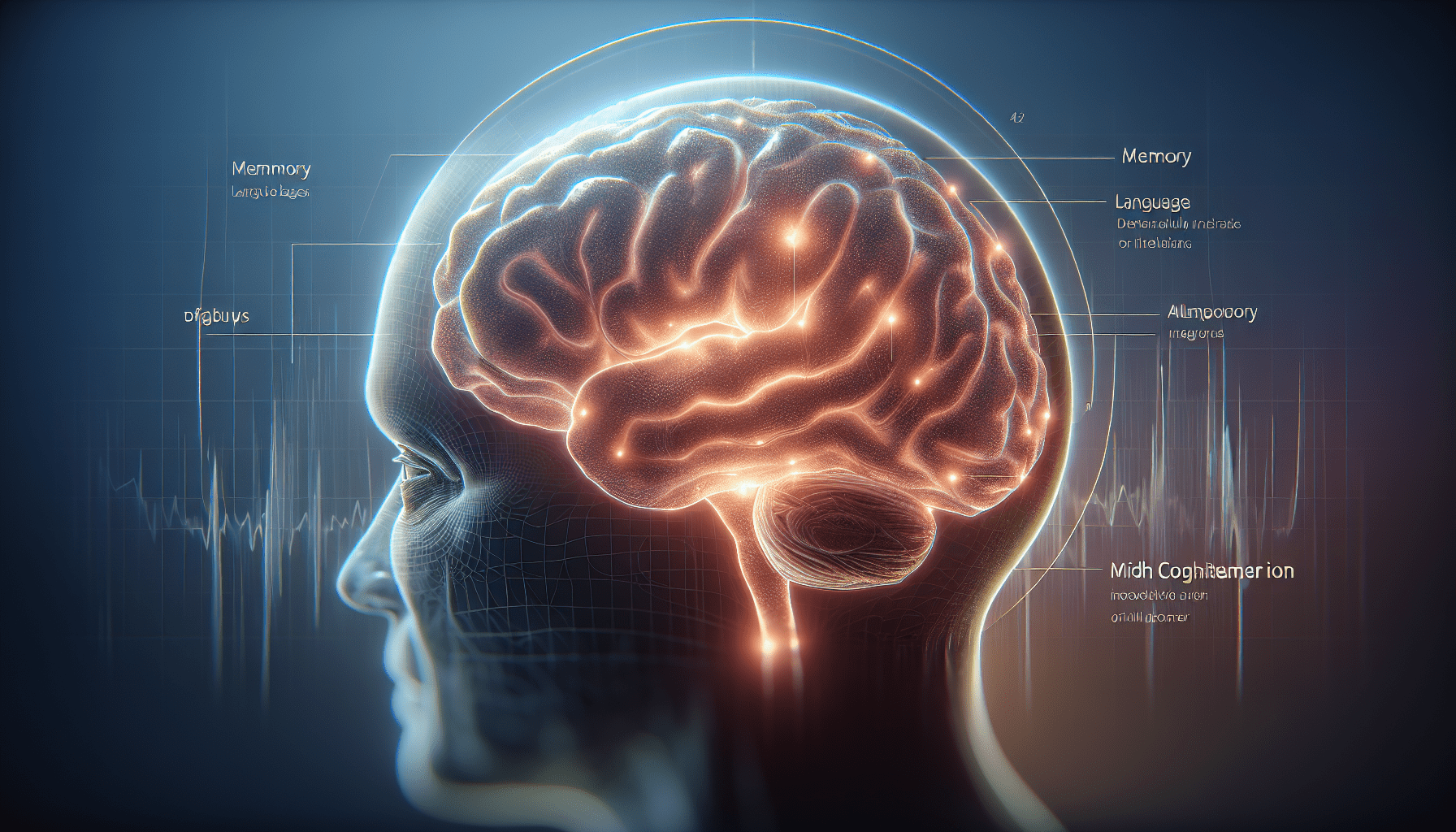Have you ever wondered about the signs that might indicate the early stages of cognitive decline? Understanding Mild Cognitive Impairment (MCI) can provide critical insights into this area. MCI represents a transitional stage between the expected cognitive decline of normal aging and more serious cognitive issues, such as Alzheimer’s disease or other forms of dementia.
What is Mild Cognitive Impairment (MCI)?
MCI is a medical condition characterized by noticeable cognitive decline that is more significant than what one would expect from normal aging but not severe enough to interfere significantly with daily life or independent functioning. People with MCI are at an increased risk of developing Alzheimer’s or other dementias. However, not everyone with MCI will progress to these more severe conditions.
Types of Mild Cognitive Impairment
There are generally two types of MCI:
- Amnestic MCI: Primarily affects memory. Individuals with amnestic MCI start to forget important information that they would previously recall easily, such as appointments or recent conversations.
- Non-amnestic MCI: Involves problems with thinking skills other than memory, such as language, attention, or decision-making.
Key Differences
| Type | Affected Area | Description |
|---|---|---|
| Amnestic MCI | Memory | Memory loss is the primary symptom |
| Non-amnestic MCI | Cognitive Functions | Affects areas like attention, language, and executive functions |
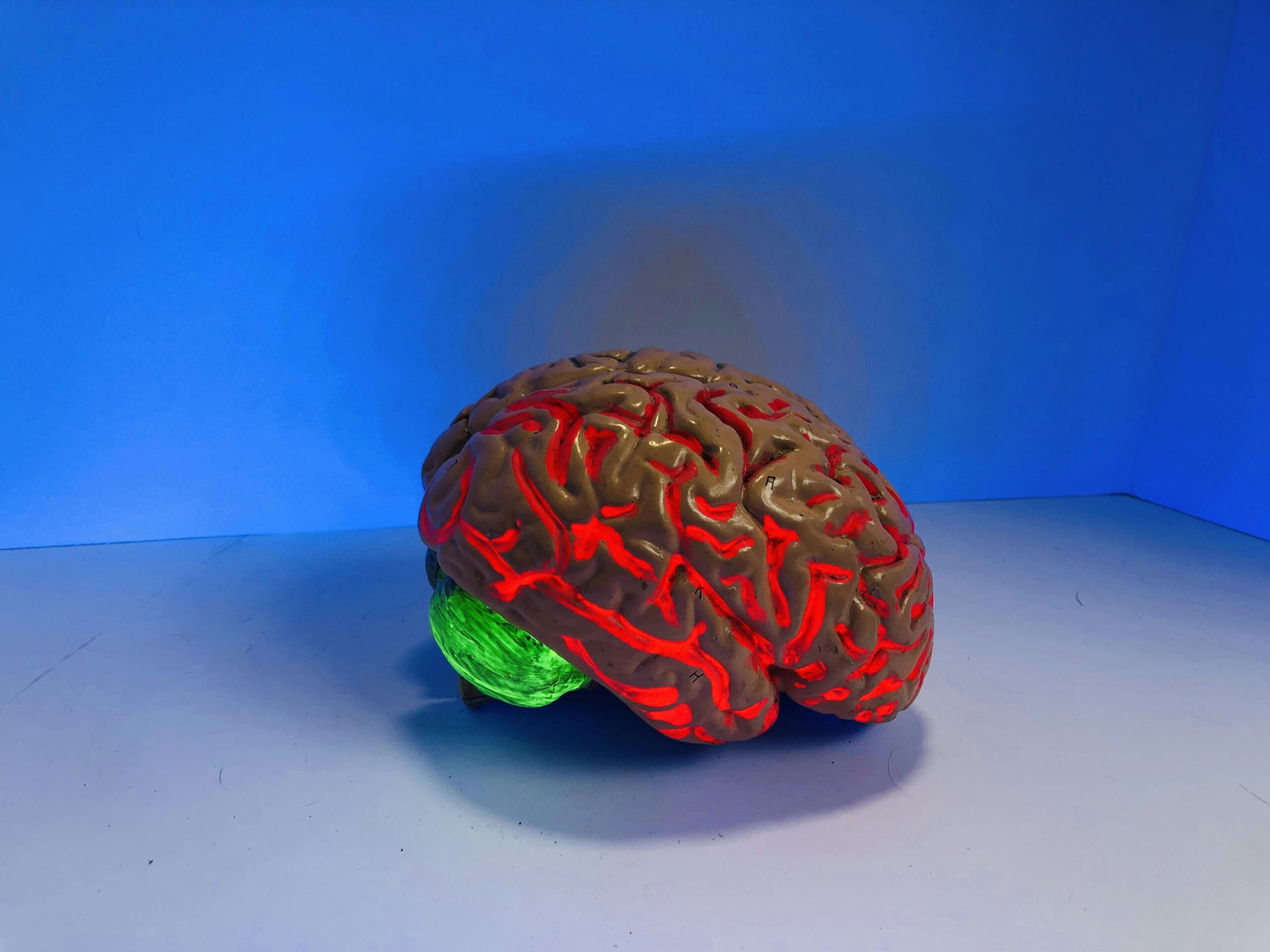
Symptoms of Mild Cognitive Impairment
Identifying the symptoms of MCI early can be important for management and intervention strategies. Let's break down the characteristics of MCI symptoms.
Memory Problems
One of the most common symptoms of amnestic MCI is memory loss, specifically noticeable shortcomings in recalling recent events or important information.
Language Issues
Struggling to find the right words or frequently pausing during conversations could indicate non-amnestic MCI.
Difficulty with Attention
MCI can cause problems with maintaining focus on tasks, especially those requiring sustained attention over a period of time.
Impairment in Executive Function
Tasks that involve planning, decision-making, or problem-solving can become increasingly challenging for individuals with MCI.
Awareness of Decline
Unlike more severe forms of cognitive impairment, individuals with MCI are often aware that they are experiencing a decline in cognitive function.
Social Withdrawal
Social activities and hobbies may no longer seem as enjoyable or manageable, leading to withdrawal from previously loved activities.
Causes of Mild Cognitive Impairment
MCI can be caused by a variety of factors, both environmental and biological. Understanding these causes can help in identifying ways to manage and potentially prevent MCI.
Risk Factors
Some common risk factors include aging, family history of Alzheimer’s or other dementias, and certain genetic markers. Additionally, cardiovascular conditions, such as stroke or hypertension, are known to contribute to MCI.
Role of Genetics
Specific genes, such as APOE ε4, have been identified to increase the risk of MCI. However, possessing this gene does not guarantee that an individual will develop MCI but rather increases the risk.
Environmental and Lifestyle Factors
Poor diet, lack of physical activity, smoking, and limited social engagement have also been shown to increase the likelihood of developing MCI.
Other Medical Conditions
Conditions such as depression, sleep apnea, and diabetes can exacerbate or even trigger MCI symptoms. Addressing these underlying conditions might reduce the risk or severity of MCI.
Brain Changes
Changes in the brain, including the formation of plaques and tangles commonly associated with Alzheimer’s disease, can also cause MCI.
Diagnosis of Mild Cognitive Impairment
Diagnosing MCI involves a combination of medical history, cognitive testing, and sometimes brain imaging. Early diagnosis is essential for managing the condition and potentially slowing its progression.
Cognitive Assessments
During the assessment, doctors commonly use cognitive tests to evaluate memory, attention, problem-solving, and language skills. These tests are crucial for distinguishing MCI from normal age-related cognitive decline.
Medical History and Evaluation
Understanding the patient’s medical history, including any previous cognitive complaints and family history of dementia, helps in forming an accurate diagnosis.
Neuroimaging
In some cases, doctors may also use neuroimaging techniques like MRI or CT scans to observe the physical condition of the brain. These scans can help detect conditions like strokes or brain tumors that might be causing the cognitive decline.
Management and Treatment Options
While there’s no cure for MCI, several strategies might help manage symptoms and potentially slow progression to dementia.
Medication
Currently, there is no specific medication approved for treating MCI. However, medications used for Alzheimer’s disease are sometimes prescribed off-label.
Lifestyle Changes
Adopting a healthier lifestyle can benefit cognitive health. This involves a combination of a balanced diet, regular physical exercise, mental stimulation, and social engagement.
Cognitive Therapy
Engaging in cognitive training and rehabilitation can help improve memory and other cognitive functions. Activities like puzzles, games, and learning new skills can be beneficial.
Managing Underlying Conditions
Effectively managing chronic conditions like hypertension, diabetes, and depression can help mitigate their impact on cognitive health. Regular check-ups and adherence to treatment plans are essential.
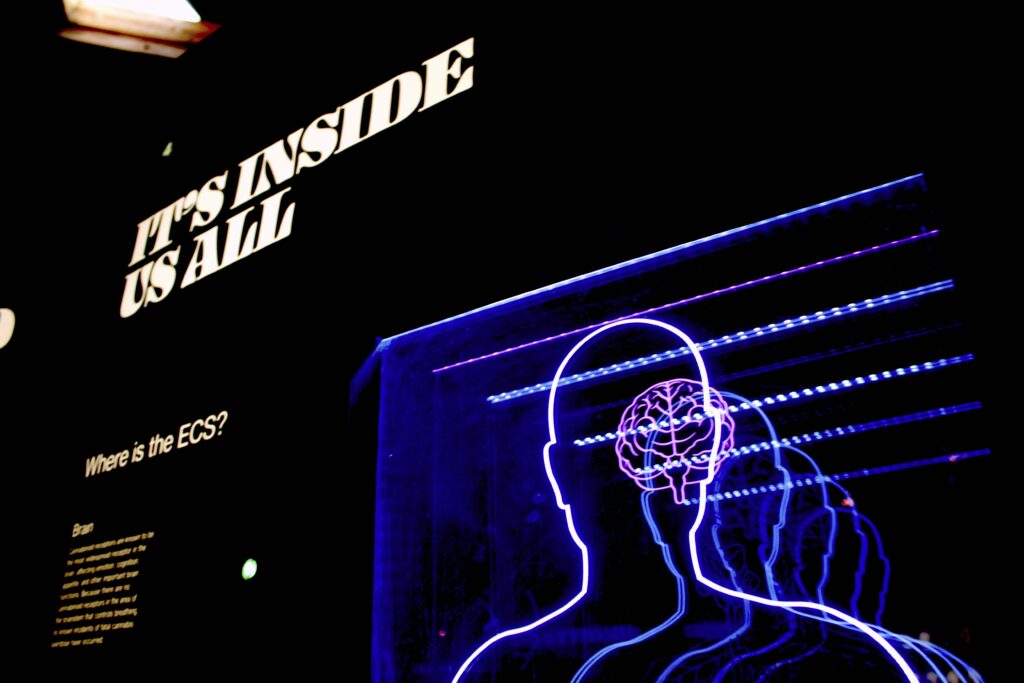
Prevention Strategies
Making certain lifestyle changes can also help reduce the risk of developing MCI.
Balanced Diet
A diet rich in fruits, vegetables, lean proteins, and whole grains can support brain health. The Mediterranean diet, in particular, is often recommended for its potential cognitive benefits.
Regular Physical Activity
Maintaining a routine of physical exercise such as walking, swimming, or yoga can enhance cognitive function and overall brain health.
Mental Stimulation
Continual learning and intellectual engagement through activities like reading, playing musical instruments, or learning a new language can help keep the brain active and healthy.
Social Engagement
Regular interaction with friends and family or participating in community activities can boost mental health and may help reduce the risk of cognitive decline.
Regular Health Screenings
Routine health screenings can catch and address medical issues early before they contribute to cognitive decline.
The Importance of Support Systems
Both people with MCI and their families need strong support systems. Emotional and practical support can make a significant difference in managing daily challenges.
Family and Caregiver Support
Family involvement and caregiver support are crucial in helping individuals manage their symptoms. Caregivers can provide practical assistance, emotional support, and help navigate medical appointments and treatments.
Support Groups
Joining support groups can provide both the individual with MCI and their family with a community of people who understand what they are going through.
Professional Counseling
Professional mental health services can offer additional support, helping individuals and their families cope with the emotional aspects of MCI.
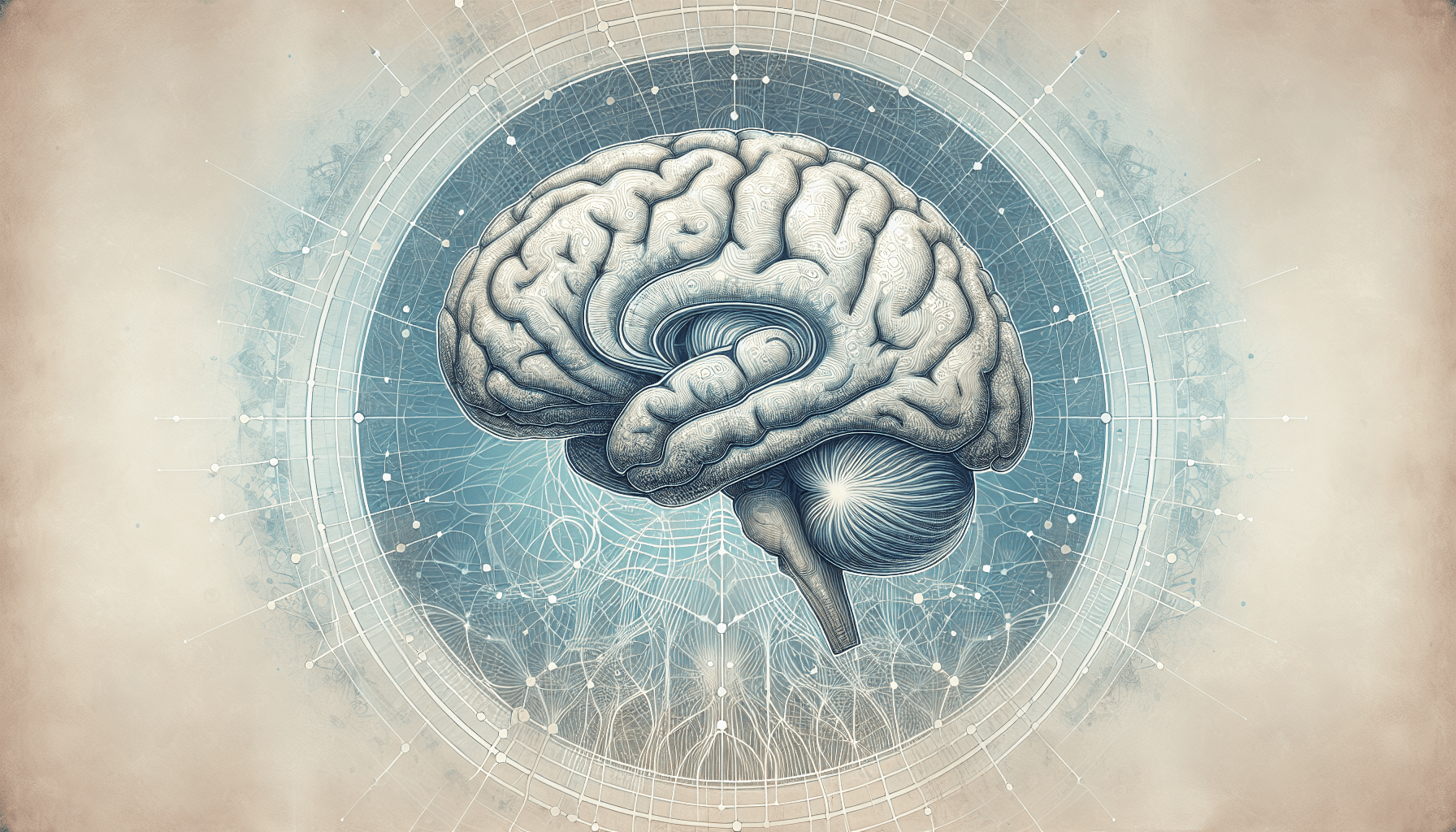
Future Directions in MCI Research
Research in the field of MCI is ongoing, with scientists continuously searching for better diagnostic tools, treatment options, and preventive measures.
Biomarker Studies
Researchers are investigating various biomarkers that could provide earlier and more accurate detection of MCI.
Pharmaceutical Advances
Efforts are underway to develop medications that can specifically target and treat MCI, potentially preventing progression to more severe forms of cognitive decline.
Technology and Cognitive Health
Advancements in technology are being harnessed to help manage and track cognitive health. Apps and devices that offer cognitive training or medical monitoring can be valuable tools.
Public Health Initiatives
Public health campaigns aimed at increasing awareness of MCI and promoting healthy lifestyle choices can play a significant role in reducing its incidence.
Conclusion
Understanding Mild Cognitive Impairment (MCI), its symptoms, causes, and management options is crucial for anyone concerned about cognitive health. Enhanced awareness and proactive management can make a significant difference in maintaining quality of life for those affected. By staying informed and taking appropriate steps, it’s possible to navigate the challenges posed by MCI more effectively.
